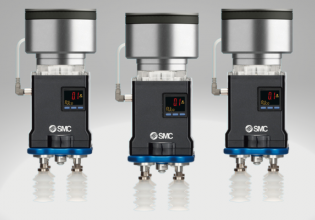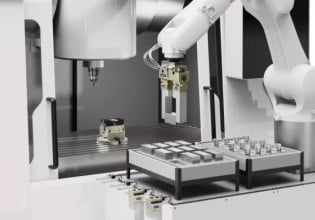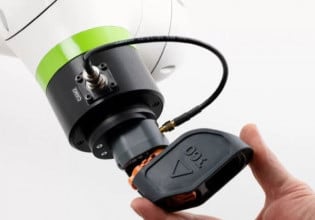D
I'm a Unix sysadmin at a company that uses many, many PLCs. So many that I'm assured that statically defining them is an impossibility.
These devices have run fine in the past assigned in BOOTP via MAC address running from Solaris DHCP servers.
Now that I'm migrating to a new DHCP server, I've run into an issue that prevents Modbus communications once the PLCs have been assigned an IP from the new DHCP server.
According to the PLC vendor, the PLC broadcasts 8 BOOTP requests upon startup. The first request is a 802.3 formatted BOOTP request. It's then followed by other requests including an Ethernet2 frametype formatted BOOTP request.
According to the vendor, whichever request is answered by the DHCP server (which of course is the first request) will determine frame type for the PLC. Since I'm answering 802.3 formatted requests on my new servers, The PLCs are assuming 802.3 frametype, which prevents Modbus communication and heartbeat.
I do not yet know why this "just works" on the old Solaris DHCP servers. They ignore the 802.3 requests and ony answer the ethernet2 formatted requests.
I've tried using DHCP\BOOTP RFC option 36 to assign frame type, but it's a no go.
I've sniffed all traffic and used wireshark to verify what's happening.
Can anyone provide any assistance to this poor systems guy overwhelmed with the difficulties I've experienced with these devices?
Thanks in advance,
Dave
These devices have run fine in the past assigned in BOOTP via MAC address running from Solaris DHCP servers.
Now that I'm migrating to a new DHCP server, I've run into an issue that prevents Modbus communications once the PLCs have been assigned an IP from the new DHCP server.
According to the PLC vendor, the PLC broadcasts 8 BOOTP requests upon startup. The first request is a 802.3 formatted BOOTP request. It's then followed by other requests including an Ethernet2 frametype formatted BOOTP request.
According to the vendor, whichever request is answered by the DHCP server (which of course is the first request) will determine frame type for the PLC. Since I'm answering 802.3 formatted requests on my new servers, The PLCs are assuming 802.3 frametype, which prevents Modbus communication and heartbeat.
I do not yet know why this "just works" on the old Solaris DHCP servers. They ignore the 802.3 requests and ony answer the ethernet2 formatted requests.
I've tried using DHCP\BOOTP RFC option 36 to assign frame type, but it's a no go.
I've sniffed all traffic and used wireshark to verify what's happening.
Can anyone provide any assistance to this poor systems guy overwhelmed with the difficulties I've experienced with these devices?
Thanks in advance,
Dave






